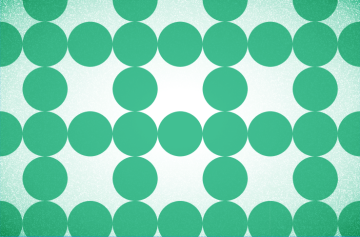Cookies
The Flemish Department of Youth and JINT vzw, hereafter called “the Belgian Presidency” use cookies on this website for analytics. We gather them with your consent only and retain full control of this data.

What are cookies?
A cookie is a small text file that a website saves on your computer or mobile device when you visit the site.
We use cookies for two main reasons:
- to make the website work efficiently
- to gather information that helps us shape our content to suit your interests
It is important to mention that any information we collect through cookies is anonymised. Moreover, this information is only stored for a limited amount of time: between 6 and 13 months, depending on the cookie type.
How do we use cookies?
The Belgian Presidency uses cookies to collect aggregated, anonymous statistics on the user’s experience. More precisely, data about:
- metrics: visits, page views, time spent on a page, new or returning visitors, video plays
- hardware and software information: devices, browsers and operating systems
- location: limited to continents, countries, regions, and cities (GPS geolocation is not used)
- sources of traffic to the Council's website: external websites, search engines, email, social media
- downloads: pdf files attached to press releases and Council e-books
- IPs (as mentioned, all anonymised)
- You may refuse Piano Analytics and Hotjar tracking either by using the 'opt-out' option available at the bottom of this page or by clicking on "I refuse cookies" when visiting the Belgian presidency website for the first time.
To make sure that you are not asked the same question twice, we also use a particular type of cookie which records your 'opt out/opt in' choice.
How to control cookies
You can control and/or delete cookies as you wish. You can delete all cookies that are already on your computer and you can set most browsers to prevent them from being placed.
Managing cookies in your browser
Most browsers allow you to:
- see what cookies you have and delete them on an individual basis
- block third-party cookies
- block cookies from particular sites
- block all cookies from being set
- delete all cookies when you close your browser
- If you choose to delete cookies, you should be aware that any preferences will be lost.
Also, if you block cookies completely, many websites (including ours) will not work properly and webcasts will not work at all. For these reasons, we do not recommend turning cookies off when using our services.